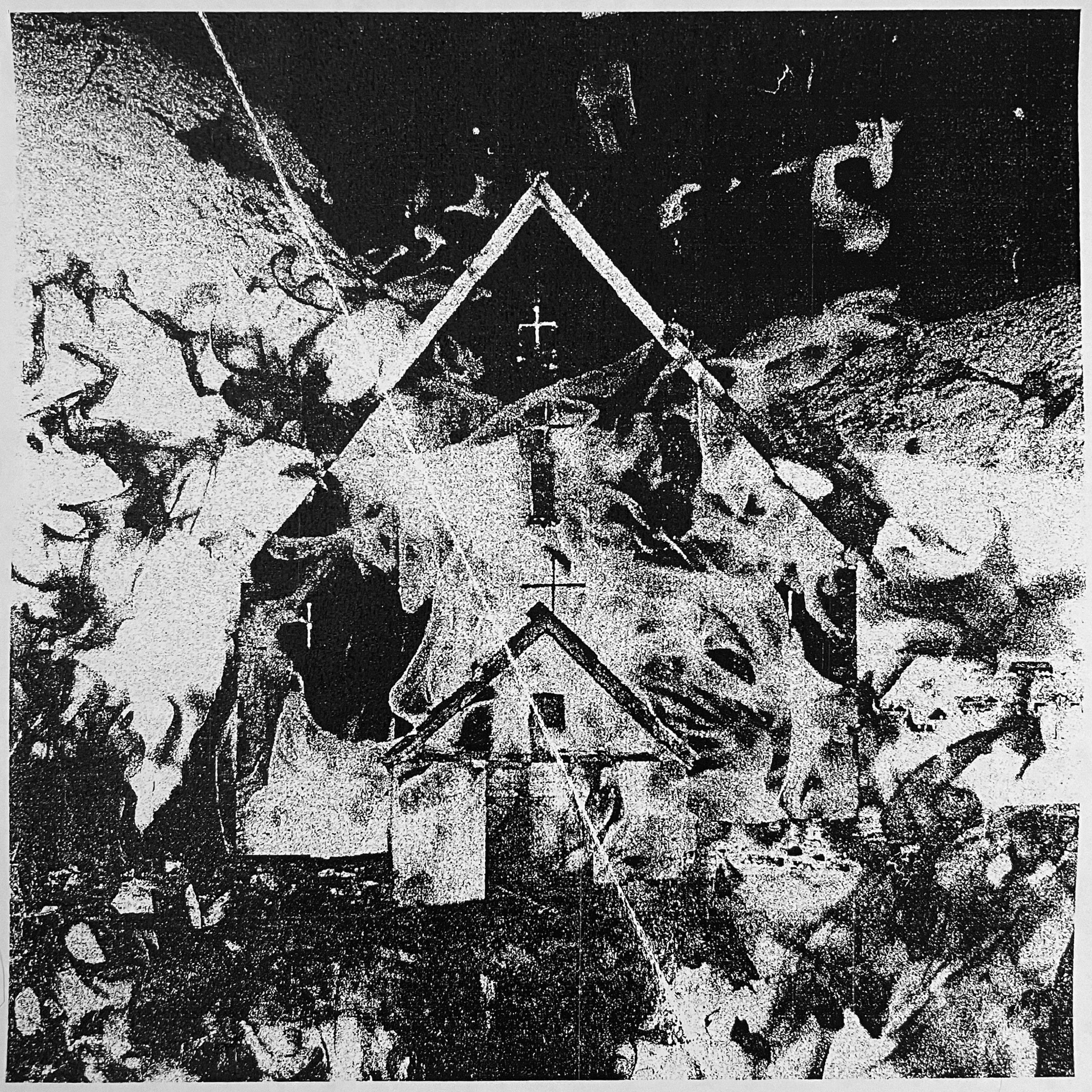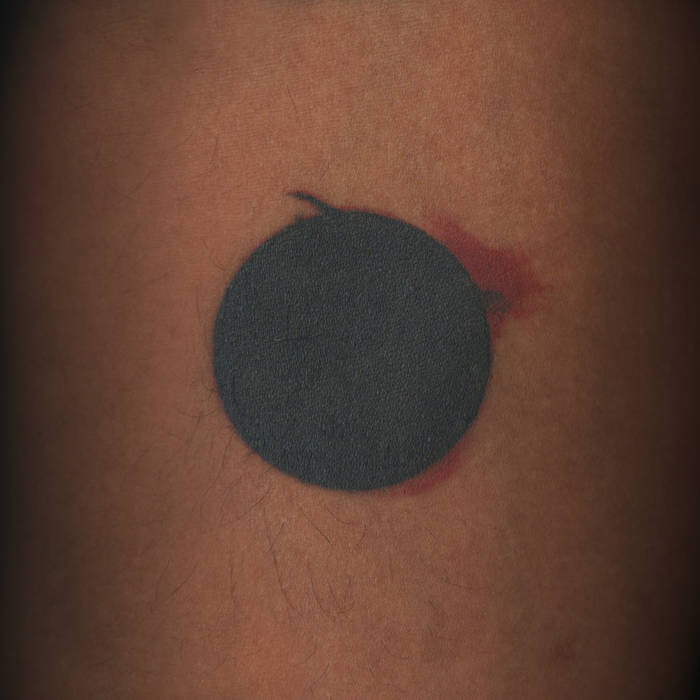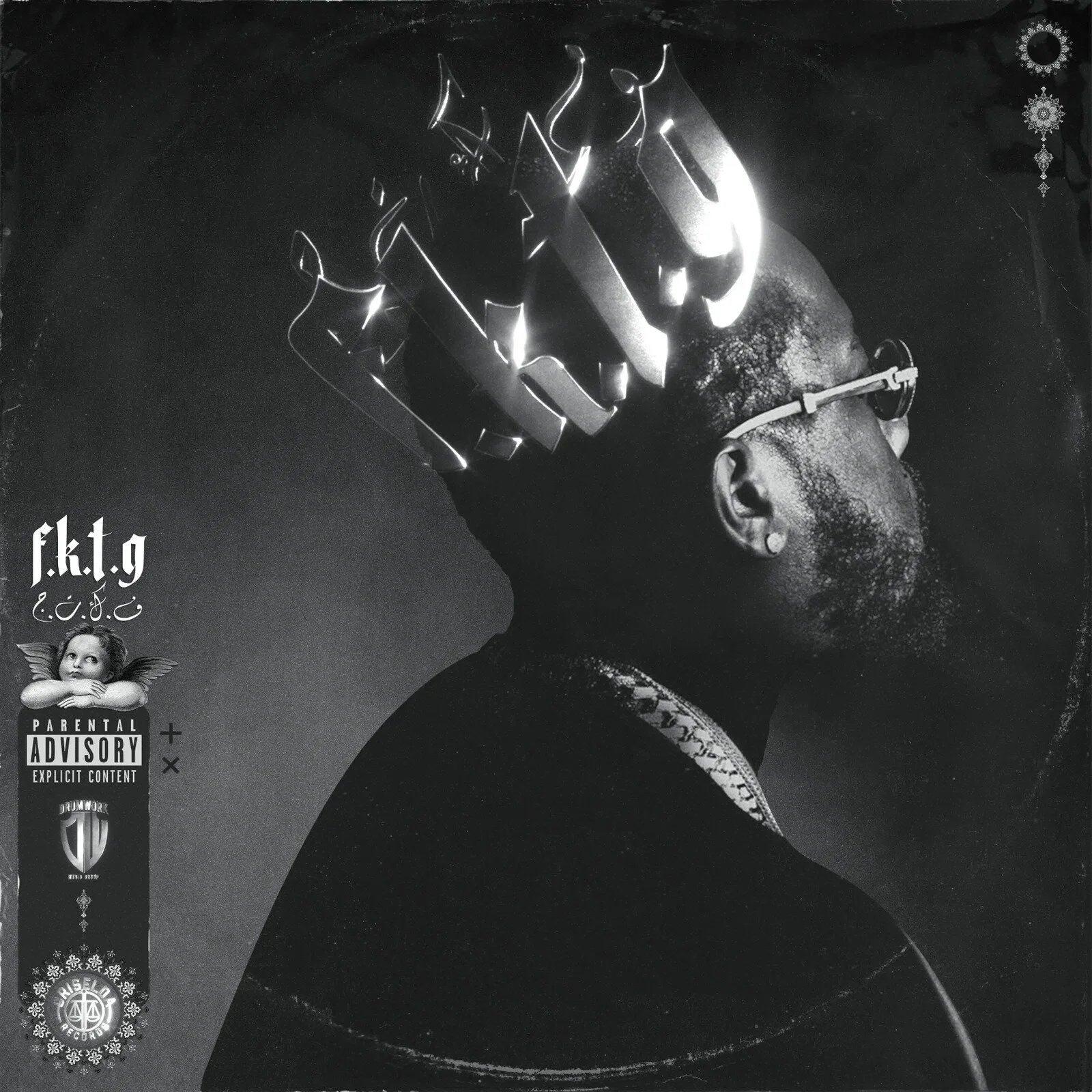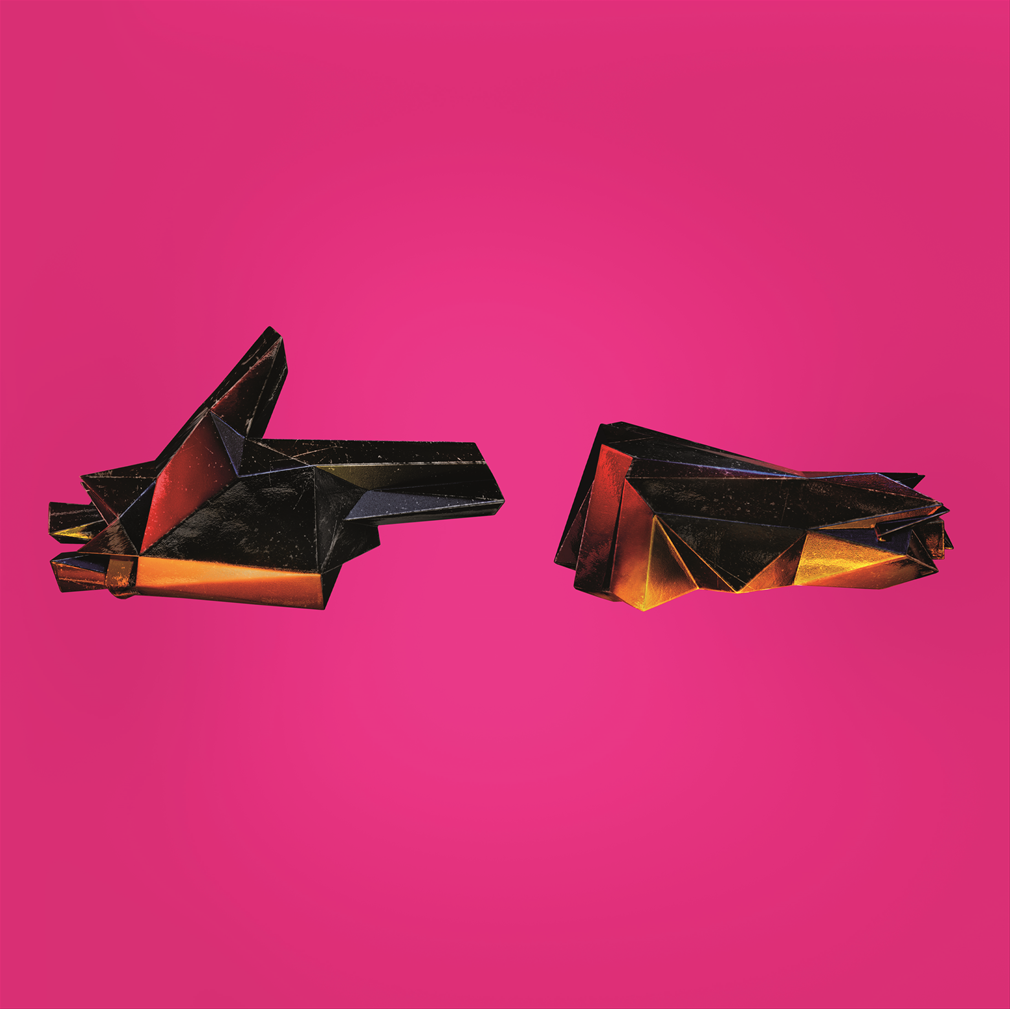

Album Review: Mickey Diamond, Ral Duke - Super Shredder
“Taken within the context of Mickey Diamond’s gratuitous discography, it’s tempting to view Super Shredder as a sign that the rapper’s star still has plenty of time left before it burns out, and not just because Mickey’s latest record is likely his best to date.”

Album Review: billy woods, Kenny Segal - Maps
“Maps is in many ways a singular achievement in billy woods’ expansive canon, in no small part due to Segal one-upping their last collaboration and matching woods’ lyrical vision with a set of intimate instrumentals that prove just how much potential the duo have left to manifest.”

Album Review: JPEGMAFIA, Danny Brown - SCARING THE HOES
“For better or worse, SCARING THE HOES is as its cover implies: an album of JPEGMAFIA’s ecclectic artistry placed front and center, with Danny Brown inserted imperfectly to the side in ways that fail to make proper use of his talents.”

Album Review: Backxwash - HIS HAPPINESS SHALL COME FIRST EVEN THOUGH WE ARE SUFFERING
“If songs like MUZAKI can be seen as evidence of anything, it’s the potential of Backxwash’s artistry to succeed in all the most brutally unique ways one can imagine, if only she herself can manage to realize them.”

Album Review: billy woods, Messiah Musik - Church
“Church finds billy woods turning inward for its context, and all questions raised by such a hurried release schedule are decidedly answered by both its exposed, intimate nature and its unambiguous excellence.”

Album Review: billy woods - Aethiopes
“It’s difficult to say where the refinement on Aethiopes ends and the fresh perspective begins, but that is merely a symptom of billy woods’ intrinsic brilliance, and his inability to write a verse that doesn’t feel completely revolutionary in one way or another.”

Take Me to Your Leader: MF DOOM’s Overlooked Masterpiece
In an unrivaled catalogue of legendary albums, DOOM’s strangest release is also his most criminally underrated.

That’s That: The Legacy of MF DOOM
“There’s a reason people often refer to DOOM as “your favourite rapper’s favourite rapper”; not only would one be hard-pressed to find a distinguished modern hip hop artist that wasn’t directly influenced by the work of Daniel Dumile, but the masked MC was a master of his craft in the most technical sense, the kind of rapper whose flows and punchlines only get more and more impressive the deeper one’s appreciation of the artform gets.”

A Quick One: Slauson Malone - Vergangenheitsbewältigung (Crater Speak)
“This is not a straightforward work of art, nor is it a hopeful one, yet Malone’s stripped-down collection of recapitulations is nonetheless compelling in its blatant need to exist. Even without an optimistic conclusion, the act of baring his soul has clearly let him make some sort of peace with his recurring antagonist; that the record still has so much to offer from a musical perspective is merely a consequence of untempered genius.”

Album Review: Conway the Machine - From King to a GOD
“It’s easy to come up with reasons why From King to a GOD isn’t quite as dramatic a statement as it should have been, the most realistic being that it is meant to serve (in Conway’s own words) as an appetizer before the rapper’s upcoming Shady Records debut God Don’t Make Mistakes. Not even this justification, however, can explain why From King to a GOD falls short in so many areas, from lyrics to guest verses to (especially) production.”

Half-Year in Review #4: Pink Siifu - NEGRO
“Pink Siifu’s newest offering is a confusing, often illegible mess of a record, the stylistic equivalent of yanking the steering wheel as hard to the left as possible and plummeting your vehicle off the edge of a cliff as l’appel du vide takes over your once-rational mind. It is also, bar none, the most important album you will listen to this year.”

Half-Year in Review #3: R.A.P. Ferreira - Purple Moonlight Pages
“If you wanted to pitch milo to an unsuspecting initiate, you could probably spin the rapper’s more eccentric qualities into assets with a little poetic license. Talk about his offbeat flow, his ambitiously understated approach to rapping, maybe quote a few bars and hope they can define Sonderweg but don’t know what futanari is. If you want to pitch R.A.P. Ferreira, just refer them to Purple Moonlight Pages and let the rapper’s newfound candor do the talking for you.”

Album Review: Run the Jewels - RTJ4
For almost a decade now, Run the Jewels has been a much-appreciated opportunity for two grizzled veterans of the music industry to flex their political inclinations, while also having fun doing so. What made them so appealing to so many, though, can be attributed to a truth self-evident since the release of Killer Mike’s 2012 album R.A.P. Music: two is so, so often better than one. When Mike and El-P come together, the synthesis of their abilities carries them beyond the limits of their individual genius, yet even as they continue to refine their formula, the fruits of their persona threaten to become conventional. While El-P is pulling this much of the weight when it comes to Run the Jewels as a vehicle for social commentary, it becomes clearer than ever that creative beats and hard-hitting punchlines can only carry you so far, and the duo are sorely in need of some fresh ideas. Make no mistake: these criticisms are not uttered because RTJ4 is bad, or average, or even merely good. This is a great album that overcomes many of the flaws of its predecessors, but more than ever before the uniformity of the duo’s style threatens to wholly consume their artistic talent, and it is uncertain how much longer they can stave off the decay of their purpose.

Album Review: City Girl - Siren of the Formless / Goddess of the Hollow
Though it may at first appear to be little more than a gimmick, in truth the decision to split what probably would have been one lengthier record into two more concise ones reaps many benefits for the latest City Girl endeavour(s). Despite Siren of the Formless being in many ways a better summation of City Girl’s various talents than its partner Goddess of the Hollow, both are astonishingly consistent releases, each with their own separate ambience, themes, and merits. City Girl is far from the first artist to employ such a tactic, but one would be hard-pressed to find a duet of albums as contiguous and interwoven as these, and that they originate in such an unlikely genre only adds to their appeal. If anything, these twin records only prove more certainly that the ill-founded critiques leveled against lo-fi hip hop are largely unfounded; beyond that, the only thing certain of the next City Girl release is that it will likely be even more impressive and ingenious than one could ever expect.





